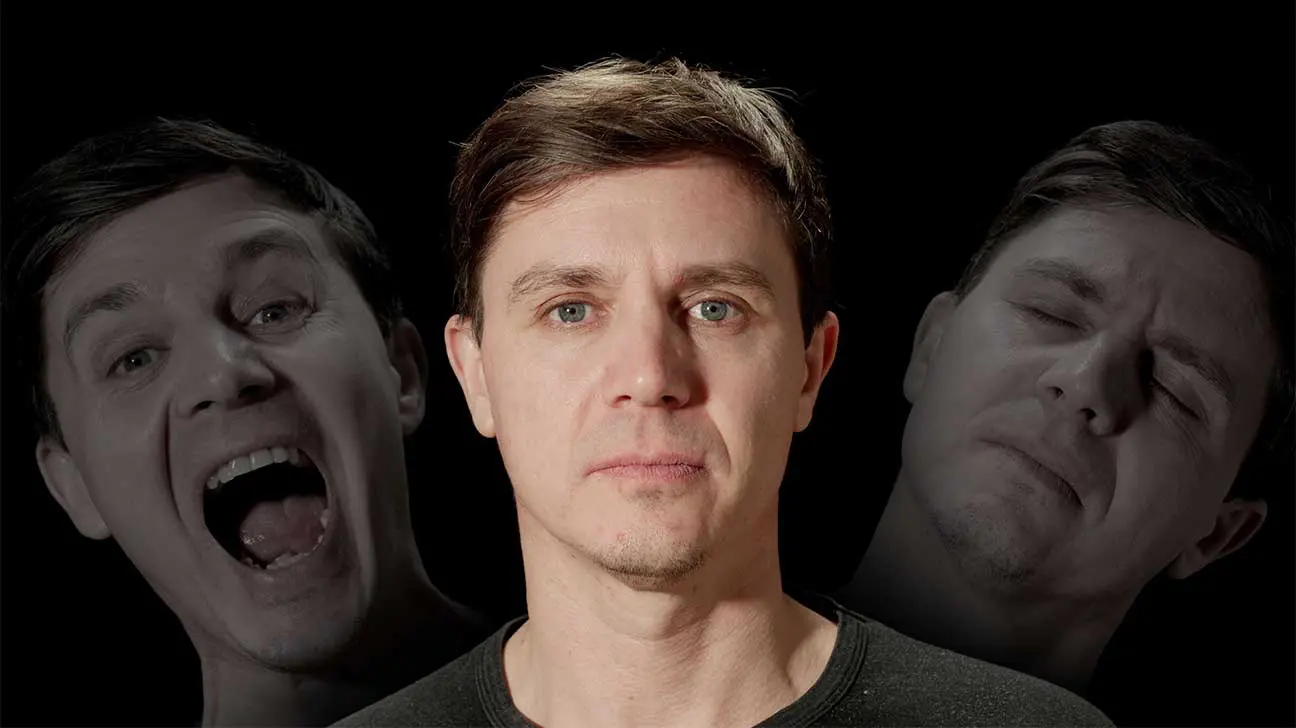
Schizoid personality disorder is a “cluster A personality disorder.” SPD can be recognized by extreme emotional attachment and disinterest in other people.
Addictive behaviors are not typically correlated with SPD. However, a person with SPD is at a greater risk of schizotypal or schizophrenia, anxiety, and depression, which may create a pathway to addictive behaviors.
While drug and alcohol use do not strongly correlate with SPD, schizoid personality disorder is predictive of nicotine addiction.
Addiction recovery can be a unique challenge for people with SPD because treatment environments can press certain social requirements.
Find out more about co-occurring personality disorders and addiction
What Is Schizoid Personality Disorder?
Not to be confused with Schizotypal or schizophrenia, schizoid personality disorder only relates to a person’s ability to relate to others.
A person with SPD has difficulty experiencing emotions and lacks the desire for social contact.
SBD does not cause symptoms that involve fantastical thinking, extreme emotional responses, or hallucinations. A person with SBD will present as a “quiet loner” type with limited social aptitude.
Symptoms of Schizoid Personality Disorder may include:
- emotional detachment
- no interest in personal or social relationships or interactions
- flat emotional expression (difficulty showing anger, joy, happiness)
- being unable to take pleasure in most activities
- being unable to understand and respond to normal social cues
- appearing cold or indifferent to others
- limited to no sexual interest
Signs Of Drug Or Alcohol Abuse
A person with a substance use disorder will typically exhibit changes in behavior or appearance over time.
Depending on the substances of abuse, signs can range from extreme shifts in energy and ragged appearance to increased detachment.
For a person with SPD, detachment may not be recognized as a sign of substance abuse.
Signs of drug or alcohol abuse may include:
- inability to stop or control substance use
- withdrawing from family or friends
- using drugs or alcohol for daily function
- lying about or hiding drug and alcohol use
- sudden changes in mood or behavior
- taking excessive risks
- neglecting personal health and hygiene
What Causes Co-Occurring Addiction And Schizoid Personality Disorder?
Studies have shown a link between people with personality disorders and substance use. Often, people with a co-occurring condition can experience complications in addiction recovery.
However, SPD is not known to be associated with co-occurring drug and alcohol addiction and dependence.
Still, SPD may make it more difficult for a person with a substance use disorder to seek help and find some therapies beneficial.
Shared Risk Factors For Schizoid Personality Disorder And Substance Abuse
Though studies have not found a serious causal link between SPD and substance use, certain risk factors tie the two together.
Some experts believe that SPD is a compartmentalized defensive mechanism built as a response to significant early neglect.
Other risk factors can include:
- early familial emotional detachment
- family history of SPD and schizoid disorders
- SPD is more common in men
How Common Is Substance Abuse And Schizoid Personality Disorder?
The link between personality disorders is strong. Around 8 million people in the United States have a dual diagnosis of substance use disorder and personality disorder.
Somewhere between 3.1% and 4.9% of people in the United States have SPD.
While substance abuse does occur in people with SPD, it is more closely tied to other personality disorders like borderline personality disorder.
What Are The Most Effective Treatments?
Because people with SPD do not seek out relationships and find interactions cumbersome, it can be difficult for a person with a dual diagnosis to seek help.
When they do reach a crisis point, it is important for treatment facilities to recognize the importance of gradually building rapport and trusting cooperation with any person that has SPD.
Because people with SPD distrust people, group therapies are not usually effective.
Effective therapies include:
- Cognitive-behavioral therapy: Therapy that encourages changes in behavior and thought patterns regarding both drug and alcohol use, and their relationship to other people and social situations.
- Medical-assisted detox and rehab: Supervised detox programs may provide medications to manage withdrawals and anxiety, like benzodiazepines, methadone, buprenorphine, and naltrexone.
Finding Dual Diagnosis Treatment For Schizoid Personality Disorder And Addiction
For people with co-occurring schizoid personality disorder and addiction, the prospect of recovery is generally not harmed by this dual diagnosis.
If you or a loved one requires specialized dual diagnosis addiction or dependence treatment, we’re here to help.
Talk to one of our addiction specialists for more information about the inpatient and outpatient drug rehab programs that can address your needs.
Addiction and dependence can be overcome. Call now to learn more.
Addiction Resource aims to provide only the most current, accurate information in regards to addiction and addiction treatment, which means we only reference the most credible sources available.
These include peer-reviewed journals, government entities and academic institutions, and leaders in addiction healthcare and advocacy. Learn more about how we safeguard our content by viewing our editorial policy.
- Alcohol Research and Health — Co-Occurrence of 12-Month Alcohol and Drug Use Disorders and Personality Disorders in the United States
https://www.ncbi.nlm.nih.gov/pmc/articles/PMC6527252// - International Journal of Experimental and Clinical Pathophysiology and Drug Research — Comorbidity of Personality Disorders with Alcohol Abuse
http://iv.iiarjournals.org/content/24/5/761.full - Mayo Clinic – Personality Disorders
https://www.mayoclinic.org/diseases-conditions/personality-disorders/symptoms-causes/syc-20354463 - National Alliance on Mental Illness (NAMI) — Substance Use Disorders
https://www.nami.org/About-Mental-Illness/Common-with-Mental-Illness/Substance-Use-Disorders


